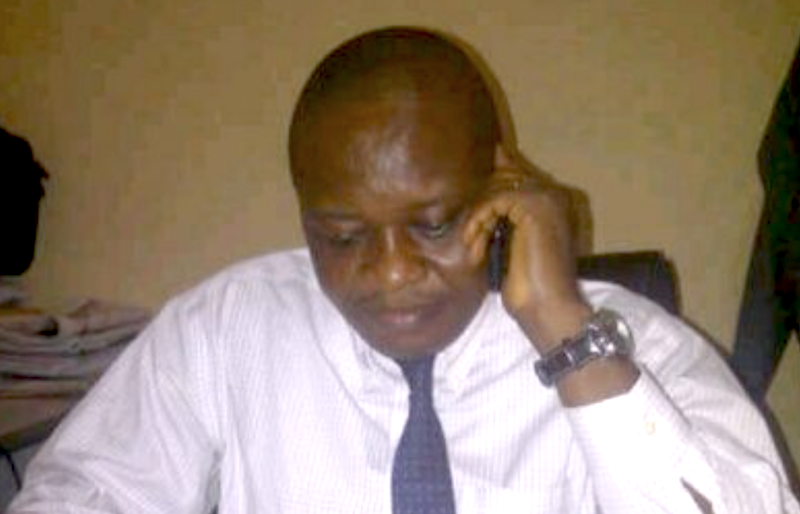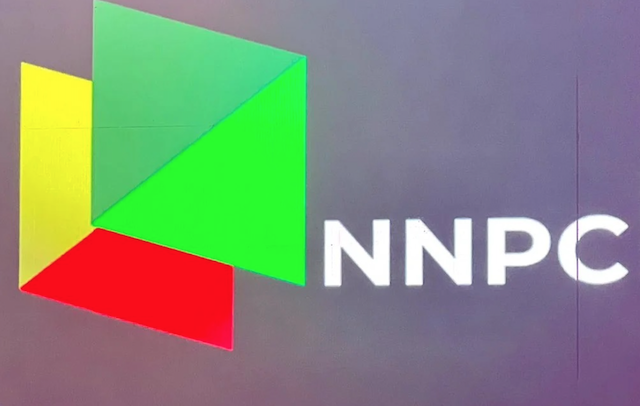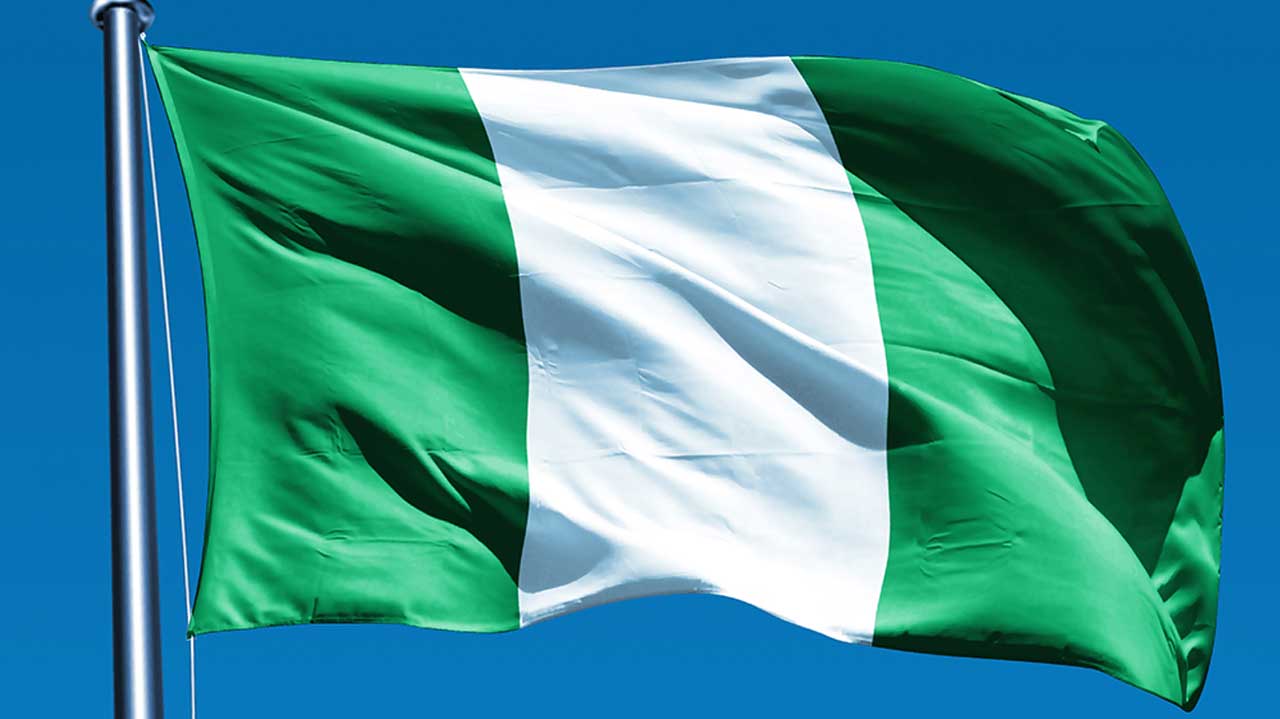By Pius Mordi
These are unusual times for Nigerians. Having been reduced to the nadir of multi-dimensional poverty, the government now holds the key to healthy living. It no longer matters if there is paid employment or a thriving business. Its either you are an elected official in the legislative arm or angle for an appointment by the executive arm. Having a business, even a flourishing at the time, is no longer good enough. Businesses are dead anyway. It is a matter of getting a plumber job which only qualification to security it is to be in the good books of the head of the executive branch or pledge loyalty and allegiance to number one man, his road map or whatever he stands for.
As an appointee, the true oath of office is undiluted loyalty to the head of the government. The official oath of office where allegiance is pledged to the state is just academic. Job security is guaranteed by the extent to which the appointee demonstrates loyalty and protects the interests of the boss. Inventiveness is tolerated only to the extent that it is deployed to advance the cause the boss is known to be pursuing.
It does not matter if you are in the legislative branch, the judiciary or any of the security agencies, your activities and actions must align with the interests of the boss.
Walter Onoghen as Chief Justice of the Federation when Muhammadu Buhari as president underestimated the limitless application of the president’s executive powers. Being the co-equal to another arm of government, he thought the rule of law and the constitution would prevail. We know how it ended. But Godswill Akpabio knew the practical rules that apply. The path to his emergence as President of the Senate and head of the National Assembly was paved by Aso Rock, not by the democratic consensus of his colleagues at the red chamber. Akpabio did not need to be prodded to acknowledge where the power in his emergence flowed from. When he had to appear in a public event with President Bola Tinubu, he could not miss the opportunity to let him see that his loyalty to the president was unalloyed. He had Tinubu’s customised design on his cap made for him and he duly wore it.
Ali Ndume failed to read the script. As Senate Chief Whip, he had the effrontery to accuse the President of having been caged within the walls of Aso Rock Villa. The retribution was swift and decisive. The senator sobered up afterwards and apologised before he was rehabilitated.
The recent #EndBadGovernance protest in August provided the platform for all the appointees to prove their inventiveness in loyalty. For the federal Attorney-General and Minister of Justice, Lateef Fagbemi, it was easy for him to use the courts to procure whatever injunction he desired. All the heads of security agencies took turns to show how ready they were to deploy their agencies to bully the protesters. Even the Chief of Defence Staff, General Christopher Musa, warned the protest planners that the military will not watch the country “drift towards anarchy under the guise of protest”.
Kayode Egbetokun waited until calm had returned to the polity before unfurling his own show of loyalty. The people arrested during the protests have been arraigned for not violent conduct and destruction of property as happened in some areas, but treason and mutiny! He even sought to roped the Nigeria Labour Congress into the scheme with an audacious summon of their president before he was forced to change tack after organised labour mobilised to fight back.
It is a play book developed by political hangers-on and those usually deployed to fight for politicians. When the election has been won, the boys with nothing else forthcoming take turns to hang around the now power wielding politicians to verbally pledge their loyalty in return for whatever crumbs will be thrown at them. Expressions such as “We are loyal”, “The boys are loyal”, “No shaking, we are here” are routinely used while they wait for what cash or patronage will be thrown at them.
Aso Rock may not have scripted Egbetokun’s resort to charging arraigned protesters with treason and mutiny. He had to impress and demonstrate his loyalty to the establishment. It guarantees the safety of his job, moreso now that his service period has been extended by additional three years beyond when he ought to have retired. He is expected to serve a stern warning to all who may be harbouring thoughts of organising fresh protests over the perversive hunger in the country. Make no mistake about, more of such show of loyalty will be coming not just from the Police.
It is no longer “Loyalty to the nation all the time, loyalty to the government when it deserves it” as Mark Twain admonished. To get a job and keep it, it’s about “I’m loyal, sir”.
Postscript
NNPCL’s voodoo economics
Give to Mele Kyari. The group managing director of Nigeria’s state oil behemoth must be a super wizard. Two weeks ago, he gleefully announced to the country that NNPCL under his watch recorded a net profit of N3.297 trillion from its “audited financial statement” at the close of December 2023.
In the course of making the financial claim, petrol scarcity had already set in with Kyari assuring that the nightmare would soon be over. September has just set in and Kyari and his people have changed the story. Now, NNPCL is owing marketers up to $6 billion. According to Reuters, the debt is such that continuous supply of refined products can no longer be guaranteed.
Although NNPCL is yet to yet give details on how it debt accumulated, it is a situation it can no longer defend or justify. How does an oil company transit from N3.297 trillion profit at the end of December 2023 to declare a debt of $6 billion almost overnight.
So what changed? How did Kyari and his crew contrive to accomplish this? For an “audited” financial report, no economics class can explain this phenomenon. It is truly an unusual phenomenon. If its not voodoo economics, it could be voodoo accounting. Mele Kyari qualifies to grant a paid lecture at Harvard on how he managed such transition.



